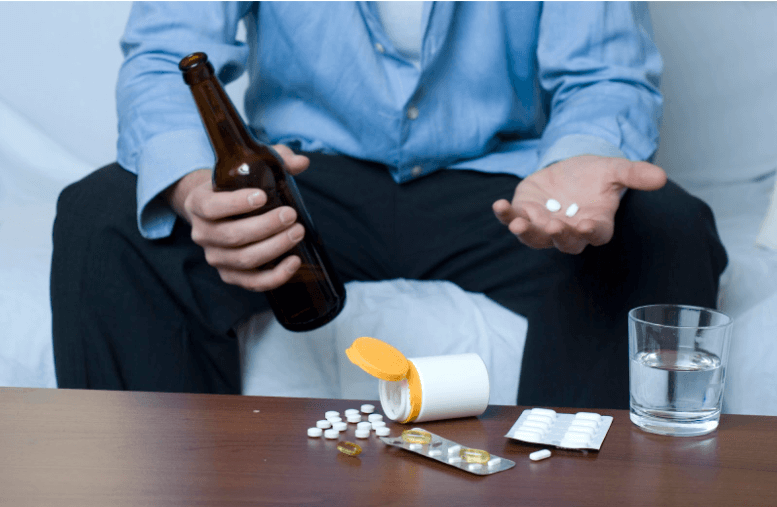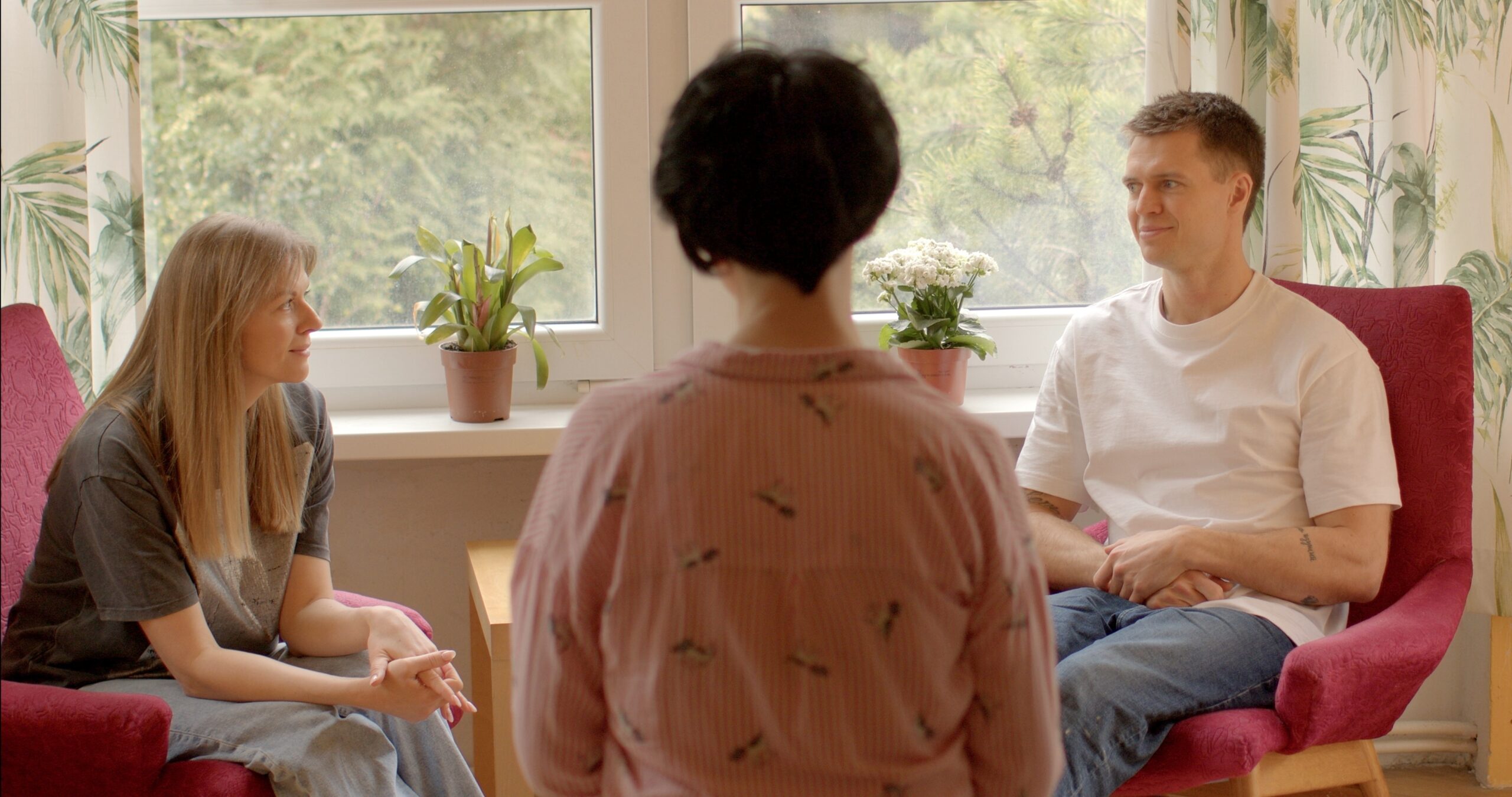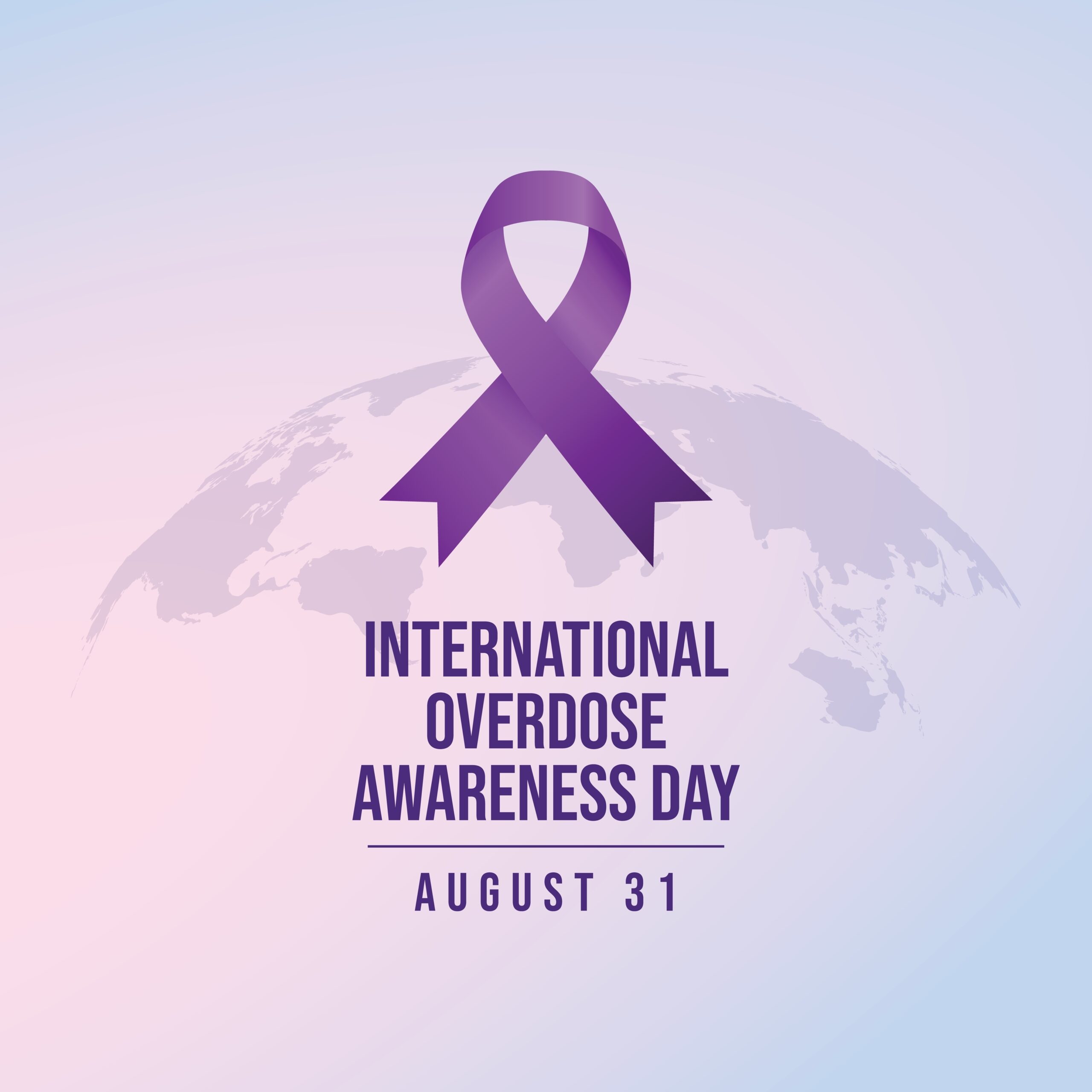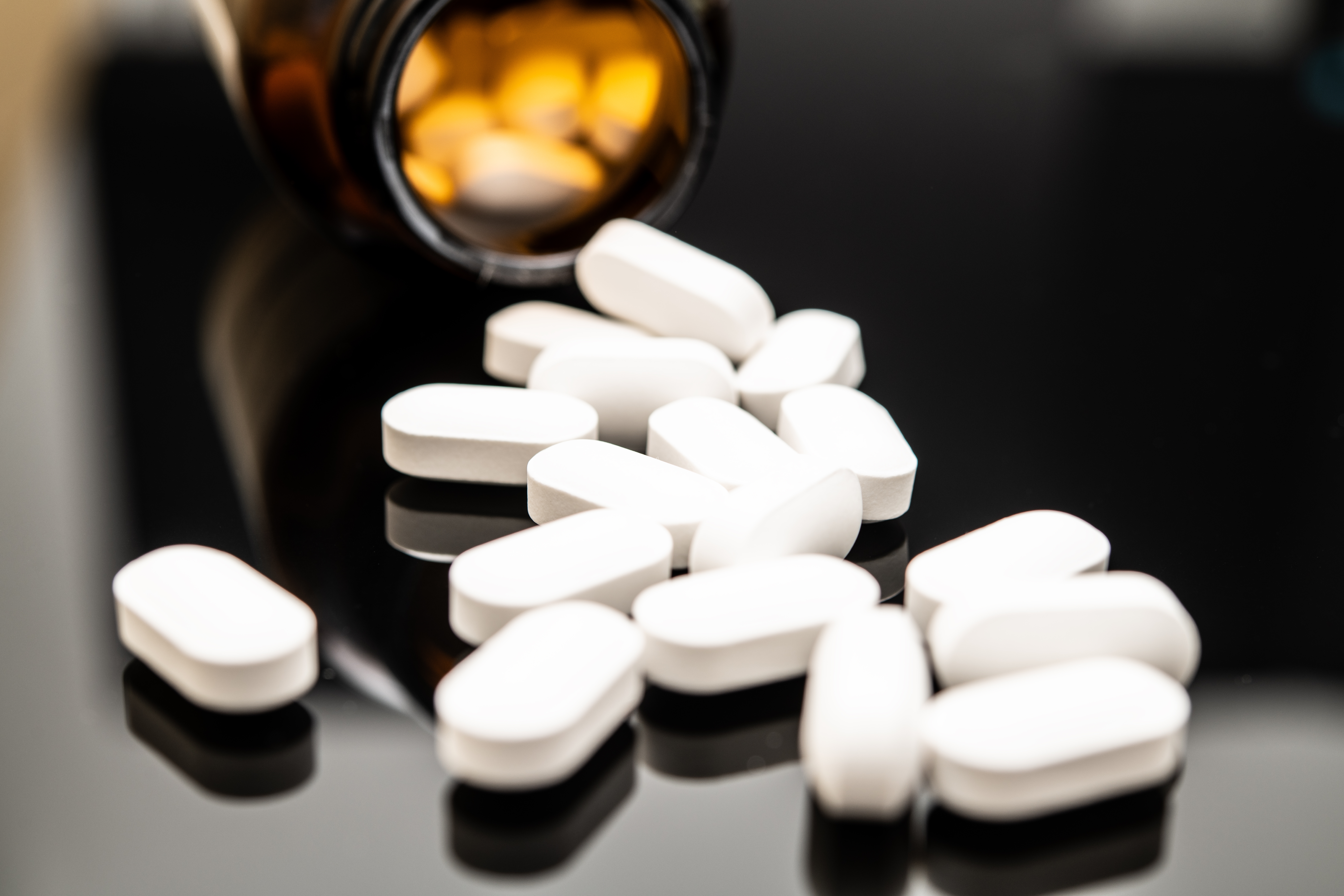We all know life can dependably present challenges — sometimes, those challenges lead us down paths we never anticipated. The journey through substance use can feel isolating and overwhelming. But we want you to know that breaking the cycle of substance use is not only possible, it is a journey toward profound healing and renewed purpose.
In Frisco, Texas, Aspire Recovery is dedicated to walking alongside individuals, families, and communities, offering a beacon of hope and a structured path to lasting substance use recovery. We believe in the power of resilience and the transformative potential within each person.
Let’s start with a comprehensive overview of how we can collectively approach recovery from substance use. We’ll get into what substance use disorder truly is, unraveling its complexities and the far-reaching impact it has. We’ll then discuss how to recognize the signs of substance use, offering guidance for individuals and their loved ones. Following that, we’ll outline the essential steps for successful substance use recovery, highlighting the multifaceted approach required for sustainable change. Finally, we’ll explore how Aspire Recovery provides a supportive and nurturing environment for those affected by substance use, guiding them toward a brighter, healthier future.
What is Substance Use Disorder | Understanding the Impact
When we talk about substance use disorder (SUD), we’re referring to a complex brain disease characterized by an individual’s compulsive use of one or more substances despite harmful consequences. It’s not a moral failing or a lack of willpower; it’s a medical condition that fundamentally alters brain function and behavior. The Diagnostic and Statistical Manual of Mental Disorders, Fifth Edition (DSM-5), outlines specific criteria for diagnosing SUD, including impaired control, social impairment, risky use, and pharmacological criteria like tolerance and withdrawal.
A Personal Challenge
The impact of substance use stretches far beyond the individual, creating ripples that affect families, communities, and society as a whole. For the individual, the physical tolls can be severe, ranging from organ damage and cardiovascular issues to neurological impairments. For instance, chronic alcohol use can lead to liver cirrhosis, while opioid use carries the risk of overdose and respiratory depression.
Beyond the physical, the mental and emotional health of an individual grappling with substance use disorder often deteriorates. Depression, anxiety, and other mental health disorders frequently co-occur with SUD, creating a challenging dual diagnosis that requires integrated substance use treatment.
A Social Danger
The social and economic consequences are equally devastating. Relationships with family and friends often strain or break down entirely. Employment can become unstable, leading to financial hardship and homelessness. Legal issues, including arrests and incarceration, are also common. Visit the National Institute on Drug Abuse (NIDA) for more information on the health consequences of specific substances. The societal burden of substance use is immense, impacting healthcare systems, criminal justice systems, and productivity.
A Chronic Medical Condition
It’s crucial to remember that substance use disorder is a chronic condition, much like diabetes or heart disease. This means that while it can be managed successfully, there is no “cure” in the traditional sense. Instead, substance use treatment programs focus on long-term management, relapse prevention, and ongoing support to help individuals achieve and maintain substance use recovery. At Aspire Recovery we believe in empowering individuals with the tools and strategies they need to navigate the complexities of this journey, fostering a sense of hope and capability.
Understanding SUD as a disease helps us approach it with compassion and a focus on effective, evidence-based substance use treatment. It shifts the narrative from blame to healing, opening the door for individuals to seek the help they need without shame. Our goal is to create an environment where individuals feel safe, understood, and supported as they embark on their path to substance use recovery.
Recognizing the Signs of Substance Use | A Call for Awareness
Identifying the signs of substance use can be challenging, especially when someone is actively trying to conceal their use. However, paying attention to changes in behavior, physical appearance, and emotional well-being can provide crucial clues. Early recognition is vital, as it allows for intervention and the initiation of substance use treatment before the disorder progresses further.
Behavior
One of the most noticeable categories of signs involves behavioral changes. We might observe increased secrecy, a sudden shift in friends or social circles, or a loss of interest in previously enjoyed hobbies and activities. An individual struggling with substance use may become more isolated, withdrawing from family and friends. Their daily routine might become erratic, with changes in sleep patterns, appetite, and hygiene. Financial difficulties can also emerge, with unexplained debts or requests for money. For example, a person who was once meticulous about their appearance might start neglecting it, or someone who was always punctual might begin missing appointments or work.
Appearance
Physical indicators are another important area to consider. These can vary depending on the substance being used but might include dilated or constricted pupils, bloodshot eyes, slurred speech, tremors, or significant weight loss or gain. Skin lesions, track marks (from injection drug use), or unexplained bruises can also be warning signs. Changes in energy levels are also common; someone might appear excessively energetic and agitated, or conversely, unusually lethargic and drowsy. For example, if we see someone who typically has clear eyes suddenly have perpetually bloodshot eyes, or if their movements seem uncoordinated, these could be indicators of substance use.
Mental Effects
Emotional and psychological signs are equally important. Mood swings, increased irritability, anxiety, paranoia, or depression are often present. The individual might become more defensive or argumentative when questioned about their behavior. They may exhibit a decline in performance at school or work, or their decision-making skills might become impaired. A loss of control over their substance use is a key indicator—they may try to cut down or stop but are unable to do so, despite negative consequences. We often hear stories of individuals who were once vibrant and engaged becoming withdrawn and emotionally numb due to the grip of substance use.
It’s important to approach these observations with compassion and concern, not judgment. If you suspect a loved one is struggling with substance use, open communication is key. Express your concerns calmly and supportively, focusing on the changes you’ve observed and your desire to help. Encourage them to seek professional help and offer to assist them in finding appropriate substance use treatment programs. Our services can offer guidance and support in navigating these difficult conversations and finding the right path to substance use recovery.
Steps For Substance Use Recovery | A Journey of Transformation
Embarking on the path to substance use recovery is a courageous and transformative journey. It’s not a linear process, and there will be ups and downs, but with dedication and the right support, lasting recovery is absolutely achievable. At Aspire Recovery, we guide individuals through a series of crucial steps, emphasizing personalized care and a holistic approach to healing from substance use.
Step One: Acknowledge
The first vital step in substance use recovery is acknowledging the problem and making a commitment to change. This can be the hardest hurdle to overcome, as denial is a powerful mechanism in addiction. Once this realization takes hold, seeking professional help becomes paramount. This often involves a comprehensive assessment by medical and mental health professionals to determine the severity of the substance use disorder and identify any co-occurring mental health conditions. This assessment helps tailor a specific substance use treatment plan.
Step Two: Detoxify
Next, for many, the initial phase of substance use treatment involves detoxification, or detox. This is the process of safely removing the substance from the body. Detox can be medically supervised, especially for substances like alcohol or opioids, where withdrawal symptoms can be severe and even life-threatening. Medical supervision in a controlled environment, often within substance use treatment centers, helps manage discomfort and prevent complications. We prioritize the safety and comfort of our clients during this initial phase, providing support every step of the way.
Step Three: Therapies
Following detox, the core of substance use treatment programs begins. This typically involves a combination of therapies, including individual counseling, group therapy, and family therapy. Cognitive Behavioral Therapy (CBT) and Dialectical Behavior Therapy (DBT) are common therapeutic modalities that help individuals identify triggers, develop coping mechanisms, and modify unhelpful thought patterns and behaviors associated with substance use. Group therapy provides a sense of community and shared experience, allowing individuals to connect with others facing similar challenges and learn from each other’s journeys. Family therapy helps to heal relationships strained by substance use and build a supportive home environment conducive to substance use recovery.
We often emphasize the importance of developing healthy coping skills and relapse prevention strategies. This includes identifying high-risk situations, learning to manage stress, developing healthy communication skills, and establishing a strong support network. For example, we might work with individuals to create a personalized relapse prevention plan that outlines specific strategies for dealing with cravings or difficult emotions.
Step Four: Historical Issues
Long-term substance use recovery also involves addressing underlying issues that may have contributed to the substance use. This could include trauma, mental health disorders, or chronic stress. Integrated substance use treatment programs simultaneously address both substance use disorder and co-occurring mental health conditions, recognizing that they often intertwine.
Step Five: Community
Community support plays a significant role in sustained substance use recovery. Participation in 12-step programs like Alcoholics Anonymous (AA) or Narcotics Anonymous (NA), or other peer support groups, provides ongoing encouragement and accountability. These communities offer a sense of belonging and a space where individuals can share their experiences without judgment.
Step Six: Aftercare
Finally, ongoing aftercare and support are crucial to prevent relapse. This can include continued therapy, support group meetings, case management, and sober living arrangements. We understand that substance use recovery is a lifelong journey, and we are committed to providing continuous support to help individuals maintain their sobriety and thrive. Our outpatient treatment programs are designed to fit seamlessly into individuals’ lives, allowing them to continue with their daily responsibilities while receiving comprehensive substance use treatment.
Heal From Substance Use with Aspire Recovery | Your Path to Lasting Wellness
At Aspire Recovery Center of Frisco, we understand that the journey to overcome substance use can feel daunting, but we want you to know that you don’t have to face it alone. We are a Texas state-licensed and nationally-accredited recovery center dedicated to providing exceptional outpatient treatment for individuals struggling with substance use and mental health disorders. Our mission is to empower you to break free from the cycle of substance use and embrace a life of lasting wellness and fulfillment.
Our Treatment
Our Intensive Outpatient Treatment Programs are specifically designed to promote healing, substance use recovery, and personal growth. We offer a comprehensive and individualized approach to substance use treatment, recognizing that each person’s journey is unique. We begin with a thorough assessment to understand your specific needs, challenges, and strengths. This allows us to create a personalized substance use treatment plan that addresses both your substance use disorder and any co-occurring mental health conditions.
Our Environment
What sets Aspire Recovery apart is our commitment to providing a supportive, compassionate, and evidence-based environment. We believe in the power of connection and community, which is why our programs emphasize group therapy alongside individual counseling. In our group sessions, you’ll find a safe space to share your experiences, gain insights from others, and build a strong support network with peers who understand what you’re going through. Our skilled and empathetic therapists guide these sessions, fostering an atmosphere of mutual respect and understanding.
Our Programs
Our substance use treatment programs incorporate a variety of therapeutic modalities, including Cognitive Behavioral Therapy (CBT), Dialectical Behavior Therapy (DBT), and Motivational Interviewing. These therapies equip you with essential coping skills, help you identify and challenge negative thought patterns, and develop healthy ways to manage stress and triggers without resorting to substance use. We also focus on developing practical life skills, such as communication, problem-solving, and emotional regulation, which are vital for sustained substance use recovery.
Beyond the therapeutic interventions, we emphasize holistic wellness. This means addressing the physical, emotional, and spiritual aspects of substance use recovery. We help our clients explore healthy lifestyle choices, including nutrition, exercise, and mindfulness practices, to support their overall well-being. Our goal is not just to help you stop using substances, but to help you build a rich, meaningful life free from the grip of substance use.
Outpatient Model
For those seeking substance use treatment programs that allow them to maintain their daily responsibilities, our outpatient treatment model is ideal. You can continue living at home, attending work or school, and engaging with your family while receiving the intensive support and therapy you need. This flexibility fosters a smoother transition back into a fulfilling life without the structured environment of an inpatient facility.
If you or a loved one is struggling with substance use, we invite you to reach out to Aspire Recovery. We are more than just a recovery center; we are a community dedicated to fostering hope, healing, and lasting substance use recovery. Our compassionate team is ready to answer your questions and guide you through the admission process. Let us help you embark on your journey to a healthier, happier life.
In conclusion, breaking the cycle of substance use is a challenging yet profoundly rewarding endeavor. We’ve explored the nature of substance use disorder, the critical signs to recognize, and the essential steps involved in the substance use recovery process. Remember, substance use treatment is a journey, not a destination, and it requires ongoing commitment and support. At Aspire Recovery, we are committed to providing the highest quality outpatient treatment and compassionate care to help you or your loved one achieve lasting substance use recovery. We believe in your inherent strength and ability to heal.
Ready to take the first step towards lasting substance use recovery? Contact Aspire Recovery Center of Frisco today. Our dedicated team is here to support you on your journey to a healthier, happier life free from substance use. Visit or reach out to us to learn more about our comprehensive substance use treatment programs. Your path to wellness begins here.
FAQ | Frequently Asked Questions About Substance Use Recovery
Q. What is the difference between substance abuse and substance use disorder?
Substance abuse was an older term used to describe a problematic pattern of substance use. The current clinical term is substance use disorder (SUD), which is a medical condition characterized by a compulsive pattern of using a substance despite harmful consequences. SUD encompasses a broader range of severity and focuses on the brain changes associated with addiction.
Q. How long does substance use treatment typically last?
The duration of substance use treatment varies widely depending on the individual’s needs, the severity of their substance use disorder, and the type of program. Some programs may last for a few weeks, while others, like long-term outpatient treatment, can extend for several months or even years, emphasizing ongoing support and relapse prevention for sustained substance use recovery.
Q. What types of substance use treatment programs are available at Aspire Recovery?
Aspire Recovery specializes in Intensive Outpatient Treatment Programs for individuals struggling with substance use and mental health disorders. Our programs offer a flexible yet structured approach, allowing clients to receive comprehensive therapy and support while maintaining their daily routines.
Q. Is substance use recovery possible for everyone?
While substance use recovery is a challenging journey, it is absolutely possible for everyone. With the right substance use treatment, personalized support, and a commitment to change, individuals can achieve and maintain lasting sobriety. Success depends on various factors, including individual motivation, the severity of the disorder, and the quality of the substance use treatment and ongoing support system.
Q. How can I support a loved one who is struggling with substance use?
Supporting a loved one with substance use involves compassion, education, and encouraging them to seek professional help. Avoid enabling behaviors, set clear boundaries, and express your concerns in a loving and non-judgmental way. Encourage them to explore substance use treatment centers and offer to assist with finding resources. Remember, their substance use recovery journey is their own, but your support can be a powerful motivator.












